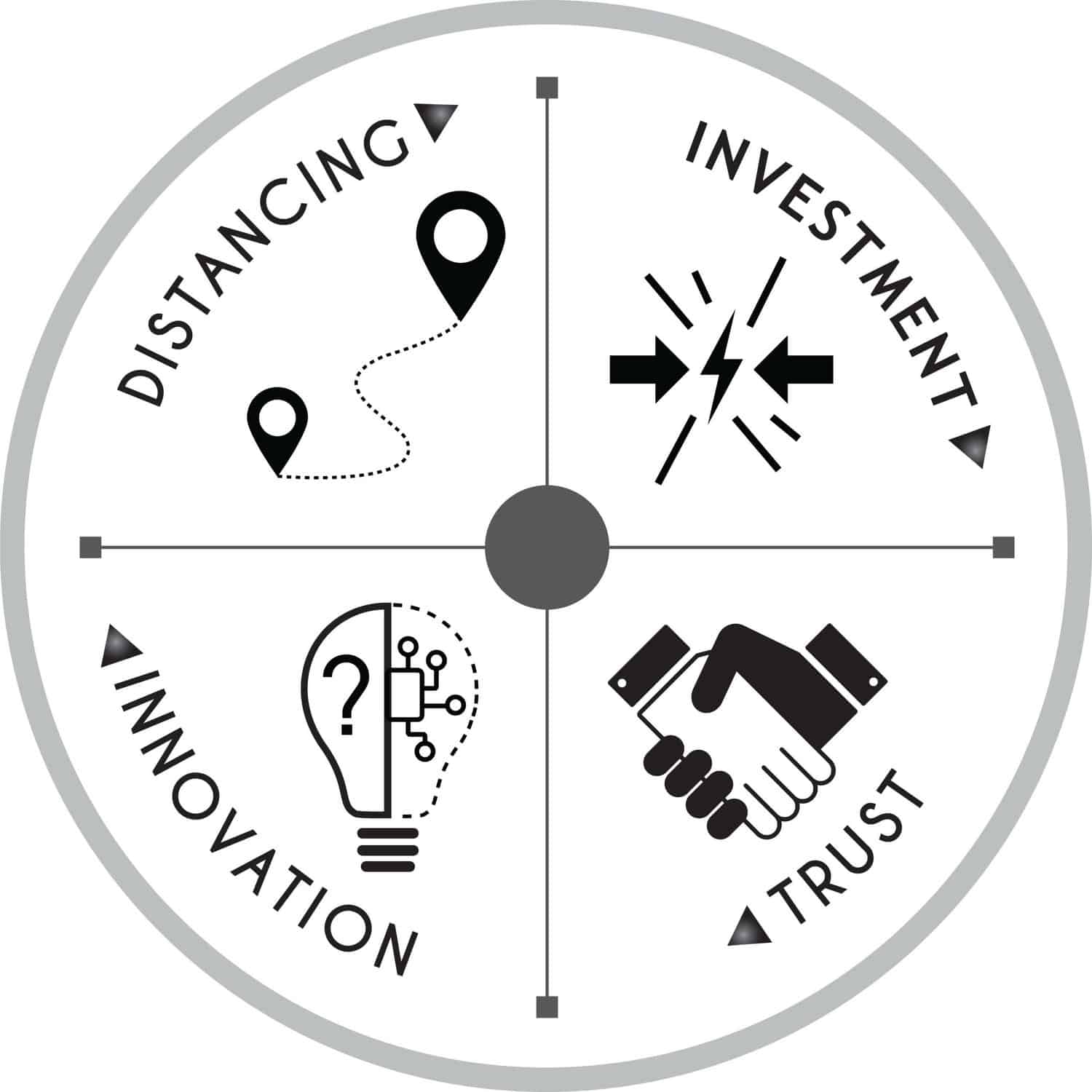Teams are more than a random collection of personalities headed in a shared direction. Yet, many teams are willing to make the final goal the only criteria for membership. Navigating the path to the mountaintop is shaped by who leads, the reliability of followers, problem-solving prowess when facing obstacles, and coping skills when it’s time to adapt to new challenges. So, if your team is more than, “We’re taking a whale watching cruise to Alaska,” here’s a deeper dive into the four considerations that might impact both your journey and your eventual destination.

Who leads
Beyond the ability to drive, the leader sets the mood and culture. The way teammates are treated is modeled in every interaction. The reasons for twists and turns are transparent. An appreciation for diverse perspectives and the value of change is built into the norms and expectations of all participants.
The reliability of followers
Dependability is a natural outgrowth of connection. Connection occurs most reliably when teammates share respect and accountability. The healthiest teams never have to check up on each other’s work. Teammates are driven intrinsically. There’s no need for the dreaded ‘red/yellow/green’ meeting since the choice to stop, yield, or go speaks for itself.
Problem-solving prowess when facing obstacles
Journeys rarely follow a recipe. Unexpected events trigger creativity. The most effective problem-solving employs a blend of what’s worked in the past with invention. Usually, someone on the team has been through a similar challenge and can offer insight into the solution. When the situation is unprecedented, a different region of the brain has to get activated. The teammates most willing and able to serve up creative options arise from the foundation of leadership and reliability established on the front end of the journey.
Coping skills when it’s time to adapt to new challenges
Change is difficult for most humans. Staying the same offers the illusion of comfort as though the planet will stop spinning if we don’t have the appetite to adapt. Our coping skills are established in childhood and are honed throughout adolescence and adulthood. Yet just because we’ve reached the age of maturity doesn’t mean we don’t regress to a primitive state when under pressure. Often, adults become their child-version when stressed. Resilience during adversity is an advanced coping skill.
Choose your own adventure. Select a direction or follow the wind. Demand healthy team culture or normalize dysfunction. Interact with trusted teammates or wear a suit of armor. Create new roads or stay on the beaten path. Expand your coping toolbox or let fate determine your outcome. The journey is the destination.
